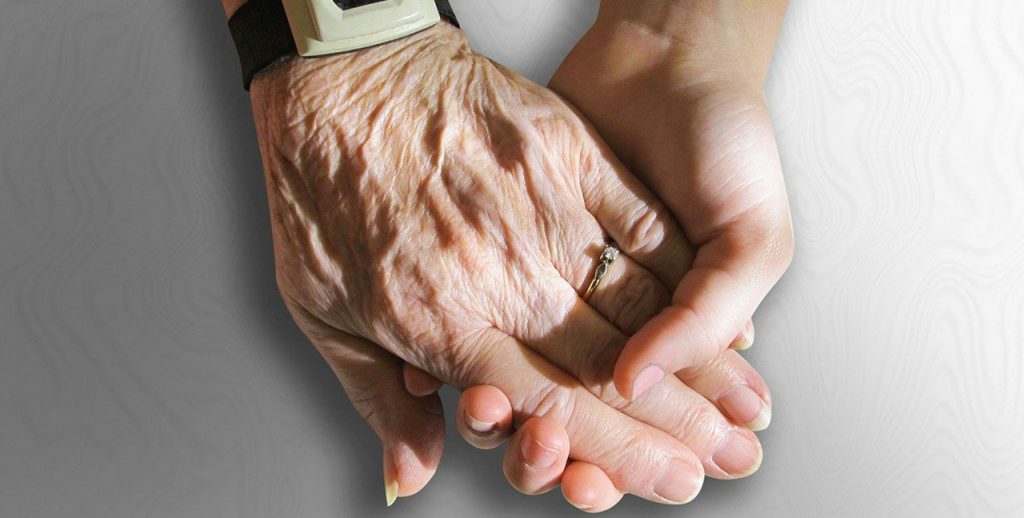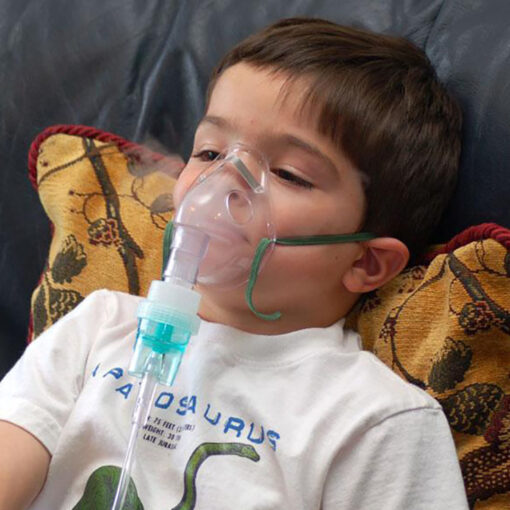Alzheimer’s disease (AD) notably reduces life expectancy and is one of the main causes of physical disability, institutionalization, and declined quality of life in elderly population. The rapidly growing number of patients AD will lead to huge social and economic consequence. (Qiu, Kivipelto & Strauss 2009.) Since there is no cure for Alzheimer’s disease, the goal is to slow the progression of AD and maintain the health of the patients. (Canada’s Health Care News And Best Practices 2020).
Motivational nursing interventions
Nurses can motivate patients with AD to maintain their health from four perspectives: psychological, cognitive, physical, and nutritional.
In terms of psychological aspect, nurses can support patients to maintain self-esteem by giving lots of praise and encouragement. In addition, they can help patients maintain social interaction with people, who can support and encourage them. These supportive people can be family members, friends, neighbors, or colleagues. What is important is that the patient builds a constant and positive emotional connection with them.

In terms of cognitive aspect, nurses can play music, encourage patients to paint and read, make conversation, arrange simple games such as puzzles, bingo games, and card games. In terms of physical aspect, nurses can encourage patients to participate in daily activities, such as dressing, bathing, eating, walking, and doing household chores. Nurses can encourage patients to spend time on hobbies. Gentle exercises can be arranged such as exercise with stationary bike, soft rubber ball and stretching bands. In terms of nutrition, nurses can provide healthy diet with various foods, cut down on foods high in saturated fat and cholesterol, and avoid refined sugars (Alzheimer’s Association 2020).
Guidebook for nurses to activate the patients with memory disorders in home care
Timoshuk and Zou (2020) created in their thesis a guidebook for nurses and patients’ family members to activate and maintain the health of the memory disorder patient at home. The aim of the guidebook is to motivate the nurses and family members to pay tension to psychological, cognitive, physical, and nutritional aspects in the patients’ everyday life at home. In the guidebook is concrete examples and advices how to activate the patient.
The guidebook has been created with co-operation homecare company Lahden Asukasyhdistys ry. The guidebook is available in English and Finnish and can be found from the thesis Motivational Nursing Interventions for Patients With Alzheimers Disease Living At Home (Timoshuk & Zou 2020).
Authors
Qi Zou and Daria Timoshuk are nursing students of LAB University of Applied Sciences. They have written the thesis: Motivational Nursing Interventions for Patients With Alzheimer’s Disease
Sari Lappalainen works as senior lecturer in LAB University of Applied Sciences. She is the thesis supervisor.
References
Alzheimer’s Association. 2020. Food and Eating. [Cited 12 Sep 2020]. Available at: https://www.alz.org/help-support/caregiving/daily-care/food-eating
Qiu, C., Kivipelto, M. & Strauss, E. 2009. Epidemiology of Alzheimer’s disease: occurrence, determinants, and strategies toward intervention. Dialogues Clin Neurosci. Vol. 11(2), 111-128. [Cited 12 Sep 2020]. Available at: https://www.ncbi.nlm.nih.gov/pmc/articles/PMC3181909/
Timoshuk, D. & Zou, Q. 2020. Motivational Nursing Interventions For Patients With Alzheimer’s Disease Living At Home. Bachelor’s thesis. LAB University of Applied Sciences, Faculty of Health Care and Social Services. [Cited 15 Sep 2020]. Available at: http://urn.fi/URN:NBN:fi:amk-2020091520453
Picture
Picture1. PublicDomainPictures. 2013. Elderly hands. Pixabay. [Cited 10 September 2020]. Available: https://pixabay.com/images/id-216982/




